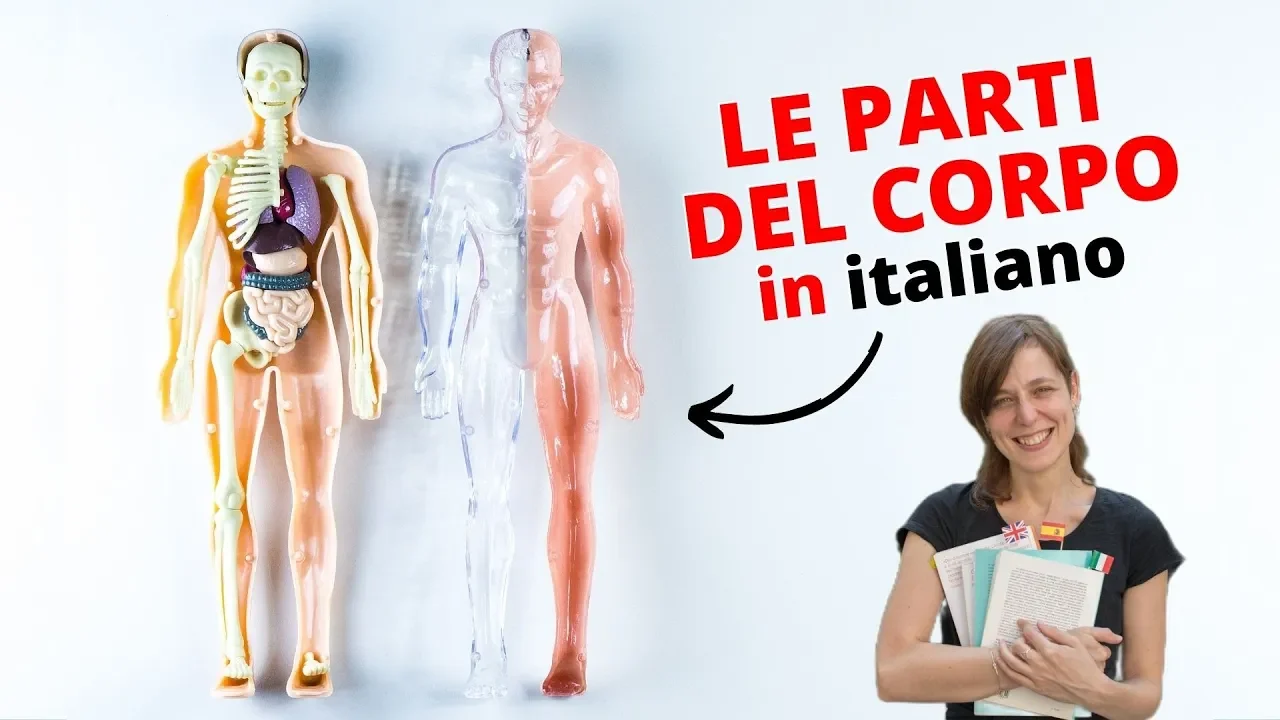
Verbi riflessivi e verbi reciproci
24 February 2021
5 Methods (that you didn,t know) for learning a language
5 December 2023Prepositions of place A – IN

When you talk about a place what preposition do you use?
Do you go IN piscina or A piscina? Are you IN or A casa?
Today we are talking about prepositions!
Prepositions are particles that serve to link words, specifying the relationship between them.
Prepositions of place, specifically, stand between a verb and a noun and indicate the place where or towards which the action indicated by the verb takes place.
For example, to say “I go home”, in Italian I say “vado A casa”. This A is a preposition of place.
But I don’t go home, I go IN piscina. IN is another preposition of place.
There are other prepositions of place in Italian, but today we are only talking about A and IN.
A and IN are used both when we perform an action that implies a movement towards a place, where we move to go to another place, and when our action is static, i.e. it takes place in a single definite place.
Examples of static actions are: ‘Vivo a Roma’, ‘Resto a casa’, ‘Sono a scuola’. Actions involving movement are instead: ‘Vado a Firenze’, ‘Vado a casa’, ‘Vado a scuola’.
But now you may ask: if A and IN both indicate both state in place and motion to place, when is A used and when IN?
For both state in place and motion to place A is used with city names: ‘Vivo a Roma/Vado a Roma’.
We use A with names of small islands: ‘Sono a Pantelleria/Vado a Pantelleria’ (but be careful: with the word ISOLA we use SU: ‘Sono sull’isola di Pantelleria’).
Instead, we use IN:
with countries: ‘Sono in Italia/Vado in Italia’,
with the names of large islands: ‘Sono in Sardegna/Vado in Sardegna’,
with continents: ‘Sono in Asia/Vado in Asia’,
with regions: ‘Sono in Toscana, Vado in Toscana’.
IN is also used with nouns ending in -ia or -teca. For example: ‘Sono in libreria’, ‘Vado in cartoleria’ or ‘Sono in biblioteca’, ‘Vado in discoteca’.
So far, so good. Let me now tell you about my day. La mattina mi sveglio, vada IN cucina e faccio colazione. Poi vado IN bagno e mi preparo per andare IN ufficio… no, ho sbagliato, resto A casa, perché lavoro A casa. Quando finisco di lavorare vado AL supermercato, poi torno A casa e gioco con il cane IN giardino. (In the morning I wake up, go to the kitchen, and have breakfast. Then I go to the bathroom and get ready to go to the office… no, I made a mistake, I stay at home, because I work at home. When I finish work I go to the supermarket, then I come home and play with the dog in the garden.)
OK, now you’re going to ask me: how do you know when to use A and when to use IN with words like kitchen, bathroom, garden, home…?
With these and other words there is no rule, you simply have to learn them. However, I can give you a list of words with which to use IN and others with which to use A.
The places that use the preposition A are:
scuola (sono/vado a scuola),
teatro (sono/vado a teatro),
lezione,
lavoro,
bagno,
cinema,
mare (although we say ‘sono/vado AL mare’ and ‘sono/vado IN spiaggia’).
But back to the preposition A.
I use the preposition A with:
supermercato,
bar,
ristorante,
stazione,
posta,
aeroporto,
estero.
Instead, IN is used with the following places:
città (sono/vado in città),
campagna (sono/vado in campagna),
ufficio,
you use it with rooms of the house (such as camera/cucina/bagno),
you use it with centro/periferia,
and with means of transport (such as autobus/metropolitana/macchina/aereo);
You also use IN with the words:
chiesa,
ospedale,
albergo,
banca,
strada (even if you say ‘sono IN strada’ and ‘sono SUL marciapiede’). So, with marciapiede (pavement) you use the preposition SU.
It probably seems impossible for you to remember all these words right now, but you will see that the more you use them while talking, the more natural it will come to you to use the correct preposition.
I hope I have cleared up any doubts you may have about the prepositions of place A and IN.
To practise them right away, you can take a piece of paper and write down where you are going or staying today. I, for example, will stay at home this evening and go to bed early: ‘questa sera starò A casa e andrò A letto presto’.
Now I recommend you to read this article: What I learnt from living abroad.




